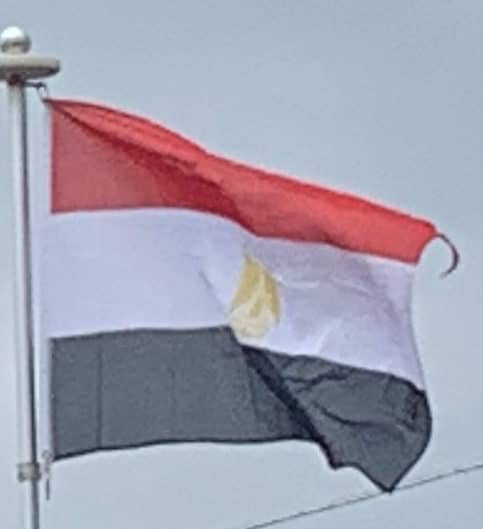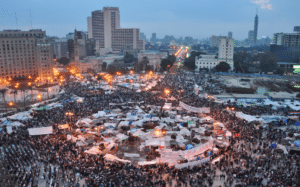
A constitutional referendum was held on 19 March 2011. On 28 November 2011, Egypt held its first parliamentary election since the previous regime had been in power. Turnout was high and there were no reports of major irregularities or violence.
President Morsi (2012-2013):
Mohamed Morsi was elected president on 24 June 2012. On 2 August 2012, Egypt’s Prime Minister Hisham Qandil announced his 35-member cabinet comprising 28 newcomers including four from the Muslim Brotherhood.
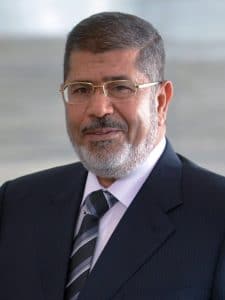
Liberal and secular groups walked out of the constituent assembly because they believed that it would impose strict Islamic practices, while Muslim Brotherhood backers threw their support behind Morsi. On 22 November 2012, President Morsi issued a temporary declaration immunizing his decrees from challenge and seeking to protect the work of the constituent assembly.
The move led to massive protests and violent action throughout Egypt. On 5 December 2012, tens of thousands of supporters and opponents of President Morsi clashed, in what was described as the largest violent battle between Islamists and their foes since the country’s revolution. Mohamed Morsi offered a “national dialogue” with opposition leaders but refused to cancel the December 2012 constitutional referendum.
Coup d’état (2013):
On 3 July 2013, after a wave of public discontent with autocratic excesses of Morsi’s Muslim Brotherhood government, the military removed President Morsi from power in a coup d’état, dissolved the Constitutional Assembly and installed an interim government.
On 4 July 2013, 68-year-old Chief Justice of the Supreme Constitutional Court of Egypt Adly Mansour was sworn in as acting president over the new government following the removal of Morsi. The military-backed Egyptian authorities cracked down on the Muslim Brotherhood and its supporters, jailing thousands and killing hundreds of street protesters. Many of the Muslim Brotherhood leaders and activists have either been sentenced to death or life imprisonment in a series of mass trials.
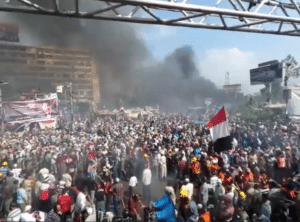
On 18 January 2014, the interim government instituted a new constitution following a referendum in which 98.1% of voters were supportive. 38.6% of registered voters participated in the referendum a higher number than the 33% who voted in a referendum during Morsi’s tenure.
President el-Sisi (2014-Present):
On 26 March 2014 Abdel Fattah el-Sisi the head of the Egyptian Armed Forces, resigned from the military, announcing he would stand as a candidate in the 2014 presidential election. The poll, held between 26 and 28 May 2014, resulted in a landslide victory for el-Sisi. Sisi was sworn into office as President of Egypt on 8 June 2014. The Muslim Brotherhood and some liberal and secular activist groups boycotted the vote. Even though the military-backed authorities extended voting to a third day, the 46% turnout was lower than the 52% turnout in the 2012 election.
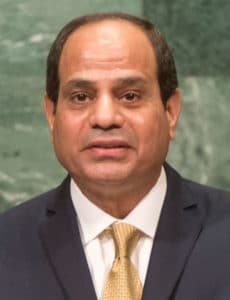
A new parliamentary election was held in December 2015, resulting in a landslide victory for pro-Sisi parties, which secured a strong majority in the newly-formed House of Representatives.
